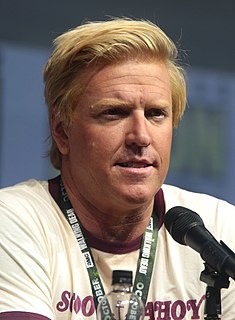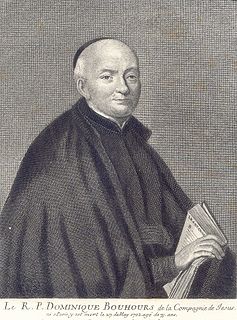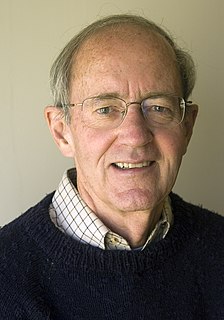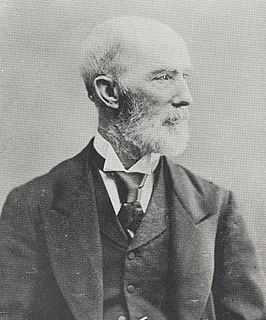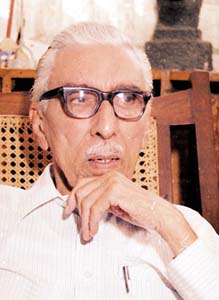A Quote by Scott Bradfield
I've always liked the fact that fiction takes all these pretty unquantifiable human feelings and experiences and projects them onto the page in ways that make interior human sense, even when they aren't entirely believable...
Related Quotes
I find it interesting that people often seem to believe that authors of realistic fiction are directly translating their personal experiences into their work. The fact is that telling a story is a transformative experience. There is rarely a one-to-one translation onto the page unless you're writing memoir, and even then, memory is unreliable. I think that the best books feel emotionally true, and that truth has to be rooted in real-world experience.
ABC's intelligently hilarious sitcom 'Modern Family' depicts a gay-male marriage in which both partners are refreshingly dimensional, believable human beings. The writers dare to make them flawed and thus fully delineated, but they're not flawed in the silly, stereotypical ways that once dominated such portrayals.
Our easiest approach to a definition of any aspect of fiction is always by considering the sort of demand it makes on the reader. Curiosity for the story, human feelings and a sense of value for the characters, intelligence and memory for the plot. What does fantasy ask of us? It asks us to pay something extra.









